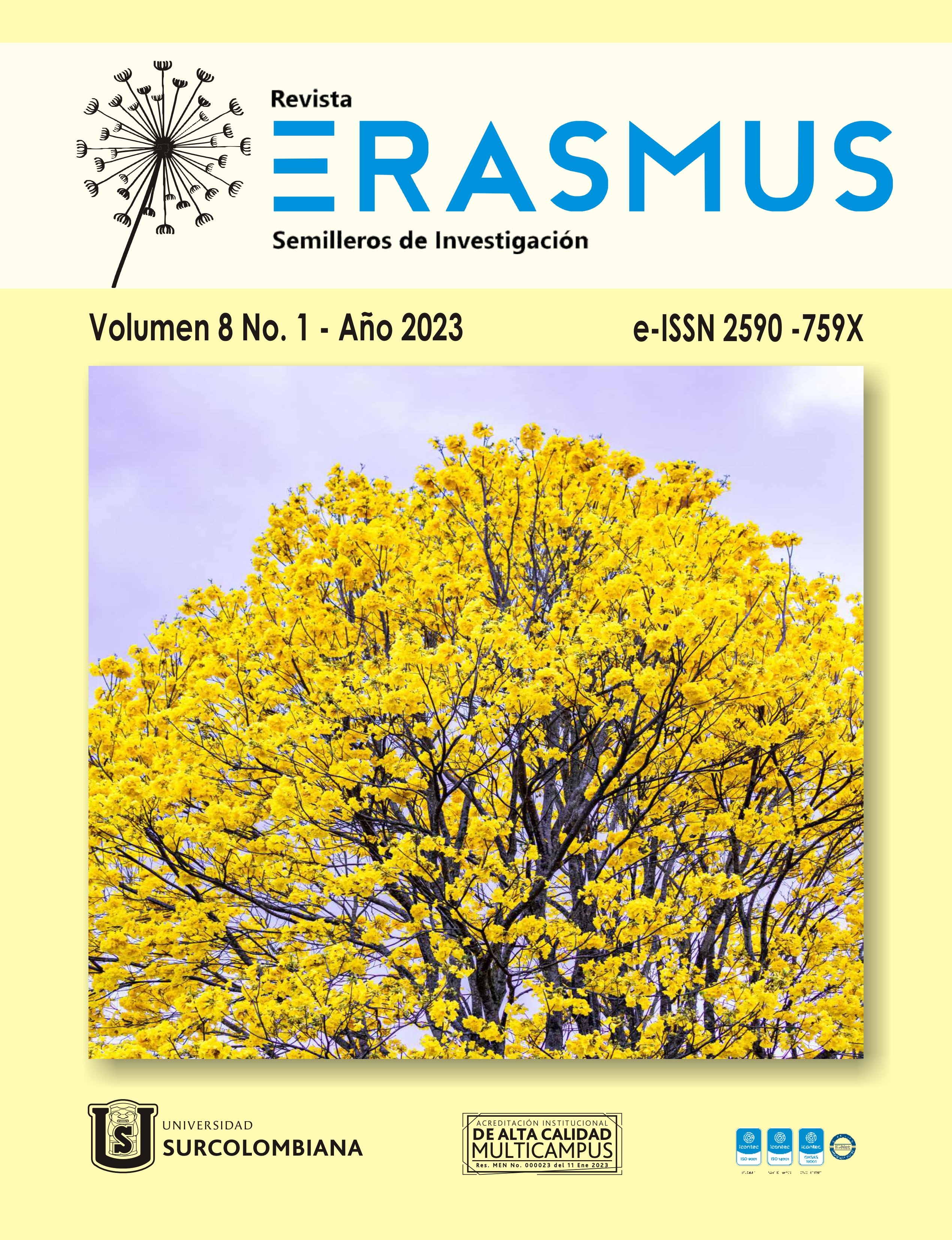Socio-affective problematics in the learning of children and adolescents: an approach to a research problem and a state of the art
Problemáticas socio afectivas en el aprendizaje de niños, niñas y adolescentes: aproximación a un problema de investigación y un estado del arte
##plugins.themes.bootstrap3.article.main##
From an early age, individuals develop social-affective skills that allow them to understand themselves and make meaningful emotional connections, which influences their ability to regulate emotions and succeed in learning. Therefore,
the present work originates from the reflection on the experiences derived from pedagogical practices carried out in several educational institutions, the INEM "Julián Motta Salas" Mauricio Sánchez campus and the "Gabriel García Márquez"
José María Carbonell Campus" where we worked with students of basic primary education and the Santa Librada High School and the Santa Librada National Lyceum where pedagogical activities were carried out with students of In these
contexts, there is evidence of situations arising from socio-affective problems in learning. In this way, it is proposed to carry out a documentary review about the socio-affective need of education, prioritizing aspects of solution to the problem.
To this end, a documentary review was developed based on the RAE (Educational Analytical Summary) of fifteen (15) studies that were framed within the parameters of inclusion of the work. Based on this, two categories of analysis were found: Socio-affective difficulties and Quality of life; and Socio-Affective Skills and Mental Health. These are based on the need for self-recognition and the strengthening of skills based on perception, feelings, and own experiences for the solution of socio-affective needs.
Downloads
##plugins.themes.bootstrap3.article.details##
Antolínez Ruiz, H. C., Cristancho Balaguera, I. L., y Suárez Vargas, J. D. (2020). La salud mental comunitaria en versión pedagógica. Universidad Pedagógica Nacional.
Cervantes-Núñez, A. M. (2020). Percepción de unión y apoyo para el manejo del estrés, taller para adolescentes desde el enfoque centrado en la persona. [Master dissertation]. Universidad Jesuita de Guadalajara, México.
Chambi Sumi, B., Valdez, H., y Rocsani, A. (2018). Influencia de la agresividad en las relaciones interpersonales de los adolescentes de la Capilla Virgen de Copacabana de la Zona La Portada [Doctoral dissertation].
Colado, E. I., y López, N. R. (2021). La gobernabilidad universitaria entra en escena: elementos para un debate en torno a la nueva universidad. Revista de Educación Superior, 30(2), 79-999.
De Sena, A. (2020). vulnerabilidad, pobreza y políticas sociales. CLACSO: Ciudad Autónoma de Buenos Aires.
Departamento Administrativo Nacional de Estadística (DANE). (2021). Pobreza multidimensional. Informe 28 de abril del 2022. Obtenido de: https://acortar.link/XpjVtP
Díaz Caballero, E. E. (2023). Factores psicosociales que inciden en las conductas agresivas en los estudiantes de 3 a 5 años de un CDI de Maicao, La Guajira. Universidad Antonio Nariño, Riohacha.



